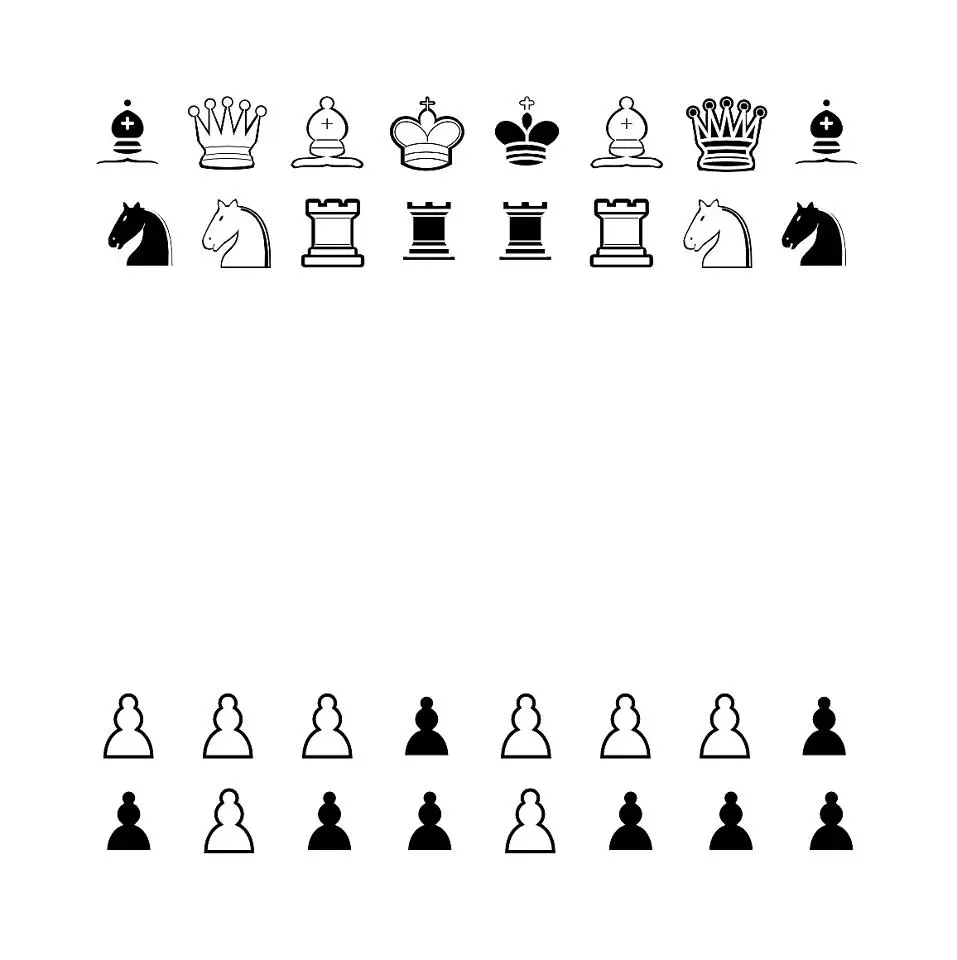I'm helping my older neighbor deal with tons of spam email that she's getting. For dealing with spam I thought about using thunderbird with with some extensions and making comprehensive filters. To reduce the volume in the future I thought about using deleteme and simplelogin so that her information doesn't continue to be spread.
Anyone have thoughts on the approach or maybe improvements that could be better?
Like @merde@sh.itjust.works said, several accounts for a tech illiterate person is counter productive. Unsubscribe what you can unsubscribe and then filter rules on thunderbird like you proposed. That's how I do it with my elderly parents.
Agreed, this is the only way. Multiple accounts for an elderly person is not going to work.
Thunderbird, and unsubscribe to everything that enters. That'll cut your spam in half at least
I think something like simplelogin is too complicated for a basic user.
I suggest setting her up with two or three different new email addresses. One for important things like gov accounts, utilities accounts, and personal emails to friends, and the other for her to use to sign up to stupid data-harvesting crap like newsletters, stores, etc.
It would probably be helpful to do a little behavioural training too around not signing up for things that require your contact details like email or phone.
Noted
noo0OO! Don't setup 3 different addresses for an old person who already can't deal with one
I dramatically reduced my spam by switching to proton email and requesting removal at the big data brokers. Inteltechniques.com has a list of data brokers and how to request removal of each. There are a ton of brokers but I just did the big 6-8 brokers that they recommend starting with. I went from hundreds of spam a day down to 20-30. YMMV.
deleted by creator
I should clarify. I have zero spam at my new email Addy and 20-30 at my old hotmail account.
Use an email provider that filters spam. Like Gmail. I noticed Internet service provider email is basically unfiltered. Unsubscribe from everything.
My MIL had this problem. I discovered that at the root of the issue was that she kept subscribing to stuff she found online for topics she was interested in. The easy she'd address it was to, every couple of years, simply abandon her email address and create a new one. Of course, it didn't take long for her to start bring overwhelmed by spam, because it was her online behavior that was driving it.
I hate Google as much as the next person, but - outside of their ads - they do have a first-class anti-spam system. Even it can't help if the user is subscribing to "learn the Truth about governmemt weather control!"
I do not know if this is an issue in your situation, but you might inquire. Again, even if you find a solution, it'll only help a little if there's another issue in play.
Go through all spam in last month and press unsubscribe in the bottom of the email. That shuld reduce spam by at least a half.
So the complete answer:
- Dont subscribe to spam
- Use aliases for everything. Dont use an alias for "free discount news letter" etc. that you use for normal stuff
- Delete spam aliases often and get new ones
- Manually unsubscribe from stuff
- Turn off email notifications in some web services that are unnecessary spam
I don’t know if it would be right for her, since it’s not like other email services, but I run an email service at https://port87.com that is very difficult to spam.
What is the difference between this and name+label@email.com?
- It automatically creates a label for you, and email sent to that address goes to that label.
- The label can have screening. (New senders need to verify they’re a human.)
- You can use a dash, since not all places accept a plus (I’m looking at you, Microsoft).
What you’re talking about is tagged addresses, which a lot of providers support, but Port87 makes tagged addresses a lot more useful and automatic. Also, you only use tagged addresses with Port87, because your bare address doesn’t actually go through to you, but instead auto responds with a list of your public label addresses.









